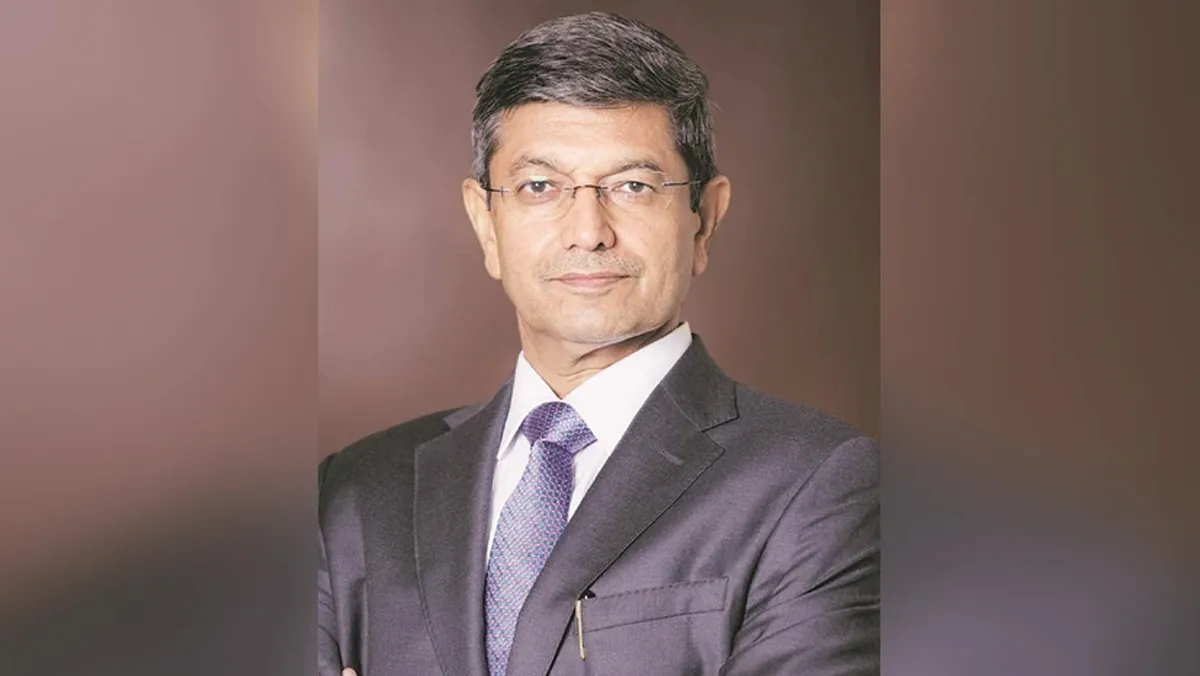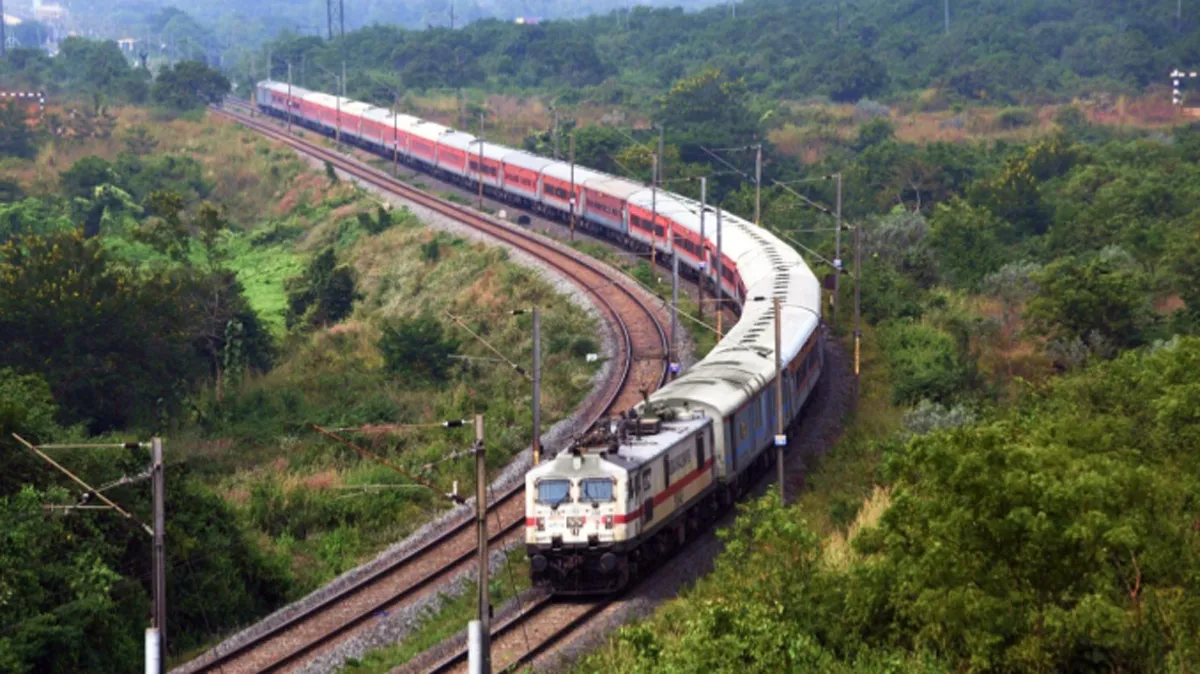Dedicated financing support key to scaling up rooftop solar in SME sector

Adani Power To Build 2,400 MW Plant in Bihar
Adani Power on Saturday (September 13, 2025) announced plans to set up a 2,400 MW ultra super-critical power plant in Bihar at an investment of $3 billion (around Rs 26.48 billion).The company has signed a 25-year Power Supply Agreement (PSA) with Bihar State Power Generation Company Ltd (BSPGCL) to supply electricity from the project, which will be located at Pirpainti in Bhagalpur district.The PSA follows a Letter of Award issued by BSPGCL to Adani Power on behalf of North Bihar Power Distribution Company Ltd (NBPDCL) and South Bihar Power Distribution Company Ltd (SBPDCL) in August. Adani P..

NTPC Plans Nuclear Power Projects Via JV and Standalone Routes
Power major NTPC is planning to develop nuclear power projects both through joint ventures and on a standalone basis, CMD Gurdeep Singh has said.The company is collaborating with nuclear technology providers and state governments to explore individual nuclear projects, Singh added.Currently, the NTPC Group has an installed capacity of 82,926 MW across 53 NTPC-owned stations and 53 joint venture or subsidiary stations, drawing power from coal, liquid fuel, hydro, and solar sources.In December 2024, Singh had announced NTPC’s ambitious plan to enter the nuclear energy sector, a move expected t..

RVNL Wins $21.6 Million Bhopal Division Traction Substation
Rail Vikas Nigam (RVNL) has been declared the lowest bidder for a $21.6 million traction substation contract awarded by the West Central Railway.The project covers the design, modification, supply, erection, testing, and commissioning of a 220/132kV/2×25kV Scott-connected traction substation, switching posts, Auto-Transformer installations, and Supervisory Control and Data Acquisition (SCADA) systems in the Bina–RTA section of the Bhopal Division. The execution period is set at 540 days.In a regulatory filing, RVNL stated that the order was secured in the ordinary course of business and doe..
















